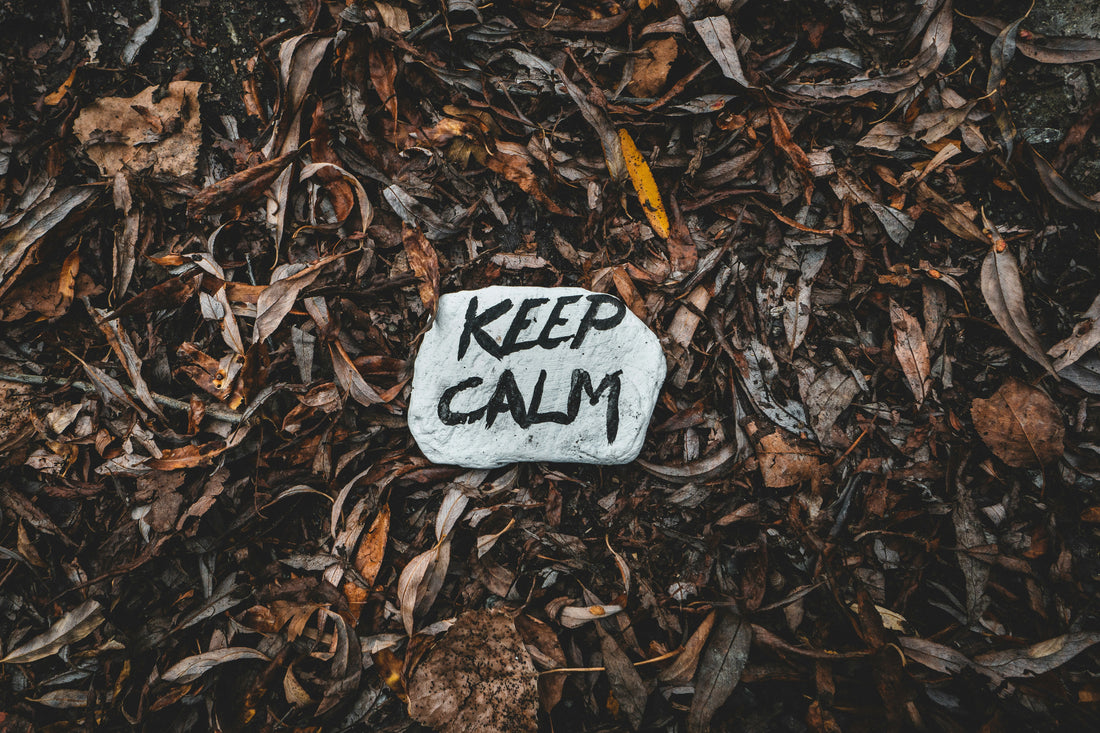Calming anxiety requires a multifaceted approach that addresses its root causes, triggers, and symptoms. From lifestyle adjustments to therapeutic interventions, there are numerous strategies individuals can employ to manage anxiety effectively for both adults and children. In this essay, we will explore various methods to calm your anxiety, ranging from self-care practices to professional therapies.
Understanding Anxiety
Before delving into strategies, it's crucial to understand what anxiety is. Anxiety is a natural response to stress or perceived threats, but when it becomes excessive or persistent, it can interfere with daily life. Anxiety disorders encompass a range of conditions characterized by excessive worry, fear, and nervousness, including generalized anxiety disorder (GAD), panic disorder, social anxiety disorder, and specific phobias. More recently,
Self-Care Practices
- Mindfulness and Meditation: Mindfulness practices, such as meditation and deep breathing exercises, can help individuals cultivate awareness of their thoughts and emotions, reducing anxiety symptoms.
- Regular Exercise: Physical activity has been shown to alleviate anxiety by promoting the release of endorphins, the brain's natural mood lifters. Activities like walking, jogging, yoga, or dancing can be beneficial.
- Healthy Lifestyle Choices: Eating a balanced diet, getting enough sleep, and limiting caffeine and alcohol intake can contribute to overall well-being and reduce anxiety levels.
- Daily Wearables: When diet cannot cover the needs for minimizing anxiety, daily wearable patches with calming ingredients are a great way to ensure a constant flow of support.
- Stress Management Techniques: Learning stress management techniques, such as time management, setting boundaries, and practicing relaxation techniques like progressive muscle relaxation, can help individuals cope with stressors effectively.
- Connect with Nature: Spending time outdoors, whether it's gardening, hiking, or simply taking a walk in the park, can have a calming effect on the mind and reduce feelings of anxiety.
Therapeutic Interventions
- Cognitive-Behavioral Therapy (CBT): CBT is a widely used therapeutic approach for anxiety disorders. It helps individuals identify and challenge negative thought patterns and develop coping strategies to manage anxiety.
- Exposure Therapy: This involves gradually exposing individuals to the situations or objects that trigger their anxiety in a controlled environment, helping them learn to confront and manage their fears.
- Acceptance and Commitment Therapy (ACT): ACT focuses on acceptance of difficult emotions and values-based action. It encourages individuals to embrace their anxiety rather than trying to suppress or eliminate it, ultimately leading to greater psychological flexibility.
- Dialectical Behavior Therapy (DBT): Originally developed to treat borderline personality disorder, DBT incorporates mindfulness, emotion regulation, distress tolerance, and interpersonal effectiveness skills, which can be helpful for managing anxiety.
- Eye Movement Desensitization and Reprocessing (EMDR): EMDR is a therapy primarily used to treat trauma-related disorders but has also shown effectiveness in treating anxiety by helping individuals process distressing memories and experiences.
Medication and Other Interventions
- Antidepressants and Anti-Anxiety Medications: Selective serotonin reuptake inhibitors (SSRIs), serotonin-norepinephrine reuptake inhibitors (SNRIs), and benzodiazepines are commonly prescribed medications for anxiety disorders. They can help alleviate symptoms but should be used cautiously and under medical supervision due to potential side effects and risk of dependence.
- Herbal Remedies and Other Calming Supplements: Some individuals find relief from anxiety symptoms through herbal remedies like chamomile, lavender, or supplements such as omega-3 fatty acids and magnesium.
- Alternative Therapies: Practices like acupuncture, aromatherapy, and massage therapy may provide relaxation and stress relief, although their efficacy for treating anxiety disorders varies and may depend on individual preferences.
Social Support and Lifestyle Adjustments
- Build a Support Network: Cultivating strong social connections and seeking support from friends, family, or support groups can provide emotional validation and practical assistance in coping with anxiety.
- Set Realistic Goals: Breaking tasks into smaller, manageable steps and setting realistic goals can prevent feeling overwhelmed and reduce anxiety levels.
- Limit Exposure to Triggers: Identifying triggers for anxiety, whether they are certain situations, people, or activities, and minimizing exposure to them whenever possible can help prevent anxiety flare-ups.
- Practice Self-Compassion: Being kind to oneself and practicing self-compassion involves treating oneself with the same kindness and understanding as one would a friend facing similar struggles.
Combating anxiety involves a holistic approach that addresses the physical, emotional, and cognitive aspects of the condition. By incorporating self-care practices, therapeutic interventions, social support, and lifestyle adjustments, you can develop effective strategies for managing anxiety and improving their overall quality of life. It's essential to remember that what works for one person may not work for another, so it may require some experimentation and persistence to find the most effective combination of strategies for each individual.
Rest Anxiety with Calm Patches
Instill calm in your body with a regular flow of natural ingredients via multi-vitamin patches that fight anxiety for you. You can set and forget daily knowing your vital nutrients are being steadily absorbed throughout the day.

